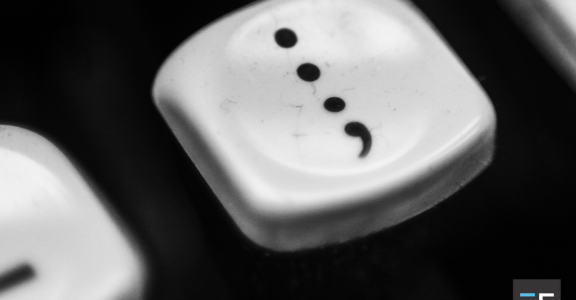 Use vs. utilize…which is right?
Use vs. utilize…which is right?
“Use” and “utilize” may sound like two versions of the same word, but they are not, in fact, exactly synonymous. When should you use “use,” and when should you pull out that big vocabulary and use “utilize”?
Aside from sounding pretentious when using the latter, at first glance these words seem almost identical. The definition of use is “to put into action, employ, utilize.” Likewise, the definition of utilize is “to make use of, employ.” But utilize also carries with it an assumed strategy of employment.
What does that mean?
Utilize can be used when indicating that the application is beyond its original intended use. For instance, “I use my frying pan to cook with, but I have utilized it as a weapon.” The intended use of a frying pan is for cooking, so the proper word here is use. When employing a creative or unintended application, like using a frying pan as a weapon, utilize is the right word.
Examples:
I use my pen for writing.
I utilized my pen as a bookmark in my notebook.
She used the mason jar for canning.
She utilized a mason jar for crafting and made it a candle holder.
Of course, you can always replace utilize with use, but you can’t always replace use with utilize. Why?
Both words come from the Latin root util–, but use is the much older word in English. It, therefore, has a much broader definition. Utilize is borrowed from Middle French and first appeared in English in the 1800s. Though derived from the same Latin root, its origin is much closer to that of “utility” and has a narrower definition. Therefore, use can always be used, but utilize should only be used when indicating a creative use.
Some writers throw in the word “utilize” to sound smart, but when doing so in the wrong context, they sound anything but. If you’re looking for words to replace use in your writing, try looking for other handy synonyms like apply, employ, and manage. Be sure to use utilize when talking about creative applications, and stick to use otherwise.
When in doubt, always use use.








